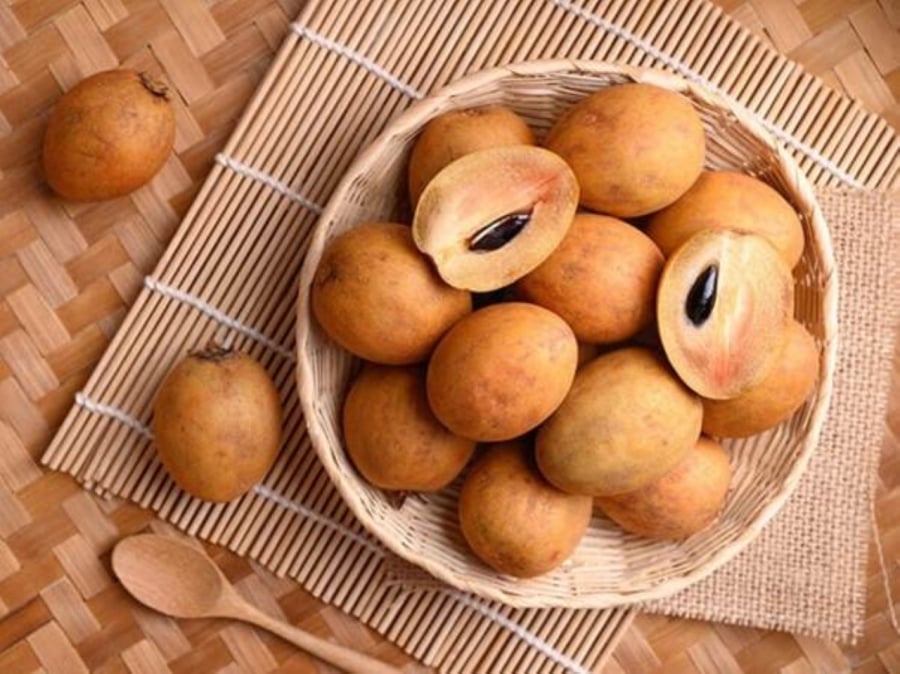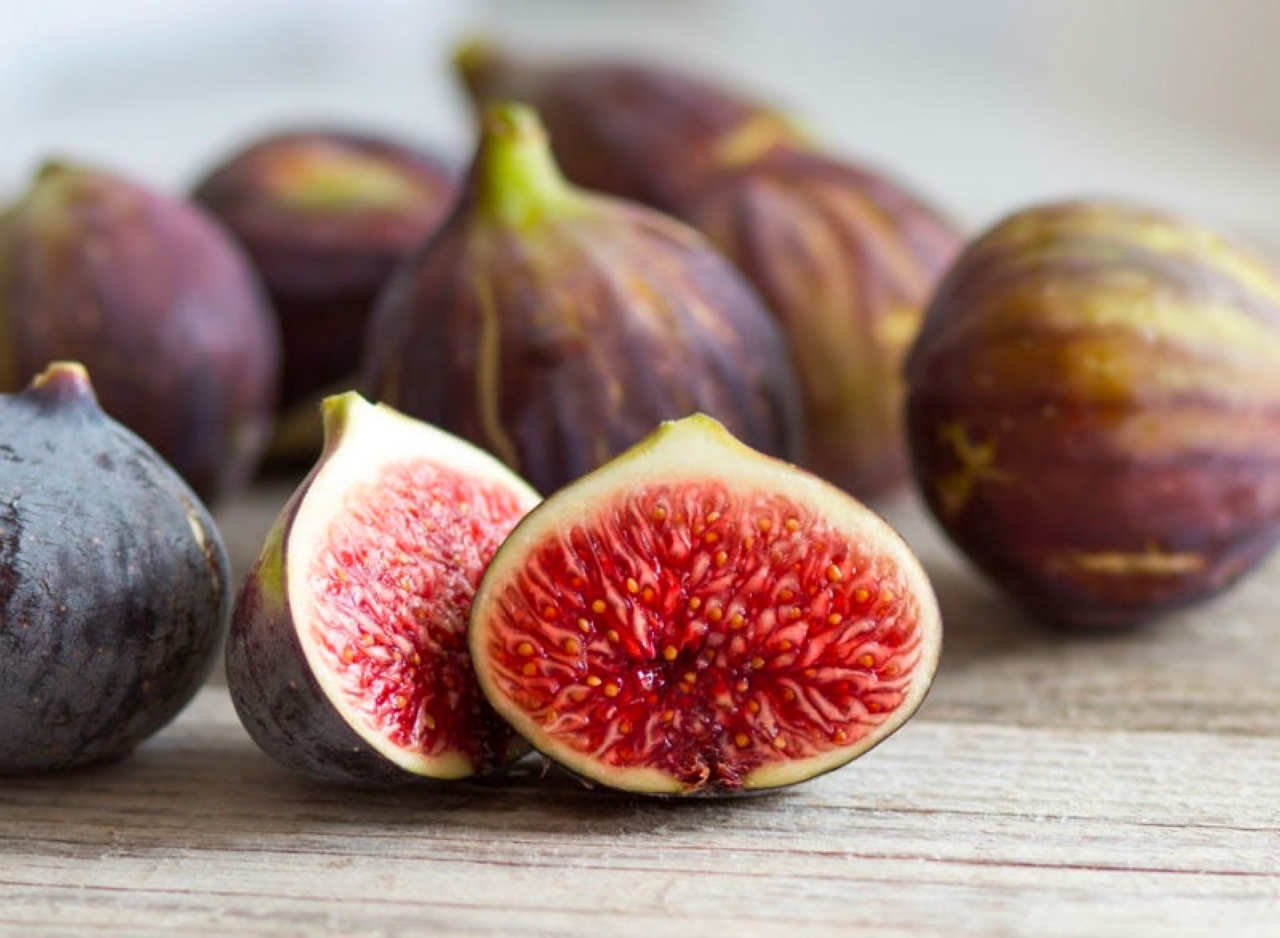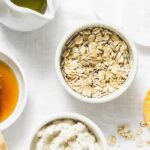Discover the 5 golden fruits that can help optimize your cholesterol levels:
1. Sapodilla
Sapodilla, also known as sapoche, is a delicious and nutritious fruit.
Nutritional analysis from Nutrient Database reveals that 100g of sapodilla offers approximately 2g of protein, along with essential fibers and micronutrients such as potassium and magnesium.
This fruit is an ideal choice for individuals with high cholesterol as it provides plant-based protein and supports lipid control without causing a drastic spike in blood sugar levels.
It can be enjoyed fresh or blended into a smoothie, but opt for naturally ripened fruits to ensure optimal nutritional benefits.

2. Avocado
Avocado has earned its reputation as a “superfood” due to its exceptional nutritional profile.
According to a study published in the Journal of Nutrition (2018), every 100g of avocado provides around 2g of protein, comparable to some low-protein animal products. Notably, avocados contain monounsaturated fats that help lower LDL cholesterol while raising HDL (“good”) cholesterol.
As per nutrition experts at New York University: “Avocados are ideal for managing cholesterol as they offer plant-based protein and healthy fats, effectively regulating blood lipid levels.”
Additionally, avocados are rich in potassium and fiber, supporting stable blood pressure and improved digestion, both crucial for individuals with high cholesterol.
3. Jujube
Jujube, though often overlooked, boasts an impressive nutritional profile.
A study published in Food Chemistry (2020) found that 100g of fresh jujube provides about 1.5g of protein, while its dried form can offer up to 3g. Jujubes also contain pectin, a soluble fiber known for lowering bad cholesterol.
This fruit is an excellent choice for individuals with high cholesterol as it provides protein and helps reduce inflammation while improving liver function, which is crucial for managing lipid disorders.

4. Guava
Guava, a common fruit in Vietnam, is an abundant source of plant-based protein.
Data from the United States Department of Agriculture (USDA) indicates that 100g of guava offers approximately 2.6g of protein, surpassing many other fruits. Guava also contains high levels of soluble fiber, which reduces cholesterol absorption in the intestines.
In addition to its protein content, guava is rich in vitamin C and antioxidants, protecting blood vessel walls from damage caused by high cholesterol.
Individuals with high cholesterol can consume guava fresh or as juice, but it’s advisable to limit added sugars to prevent triglyceride spikes.
5. Coconut
Coconut, particularly its flesh, is a unique source of plant-based protein. According to the USDA, 100g of coconut flesh provides about 3.3g of protein, rivaling some low-protein animal products.
Coconuts also contain lauric acid, a neutral fat shown to increase HDL cholesterol and improve overall blood lipid ratios.
As a rare plant-based protein source, coconut can partially replace animal protein in the diet while providing sustainable energy without straining the cardiovascular system.
Individuals with high cholesterol can enjoy fresh coconut flesh, coconut water, or shredded coconut in their meals, but moderation is key to avoid excess calorie intake.
The Ultimate Beverage: A Delicious Alternative to Bubble Tea That Reduces Water Retention and Has Women Wishing They’d Known About It Sooner
This beverage is a game-changer for those seeking a delicious treat that goes beyond the usual bubble tea. Its magic lies not only in its ability to reduce inflammation but also in its power to curb cravings. A hidden gem for the health-conscious, this drink will leave you wondering why you didn’t discover it sooner.



































